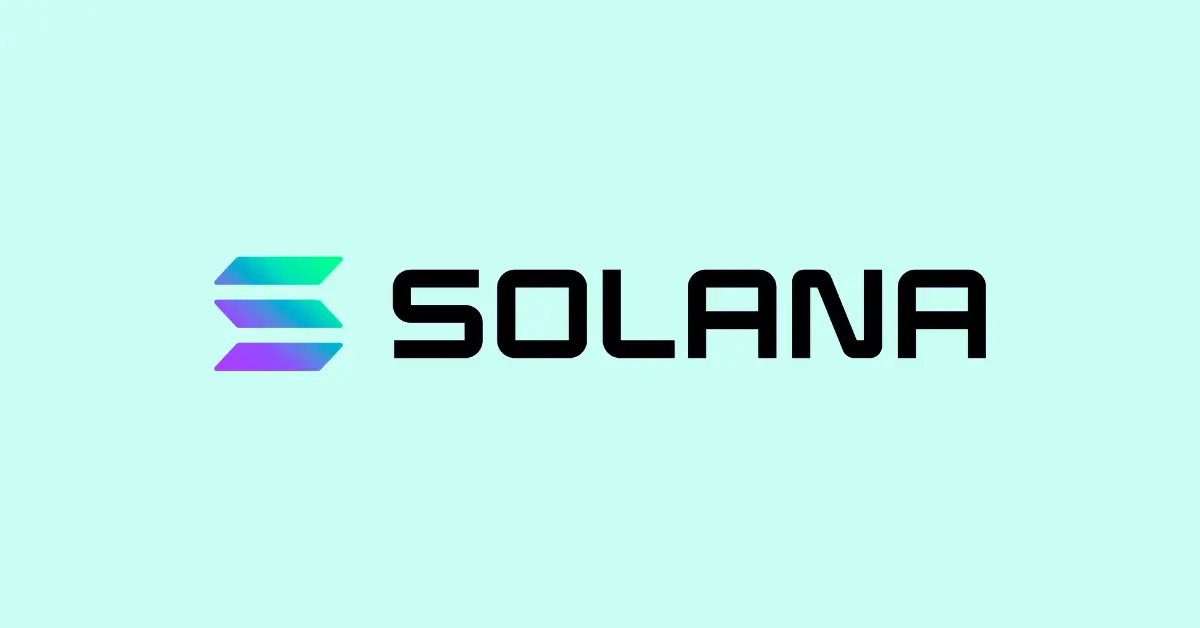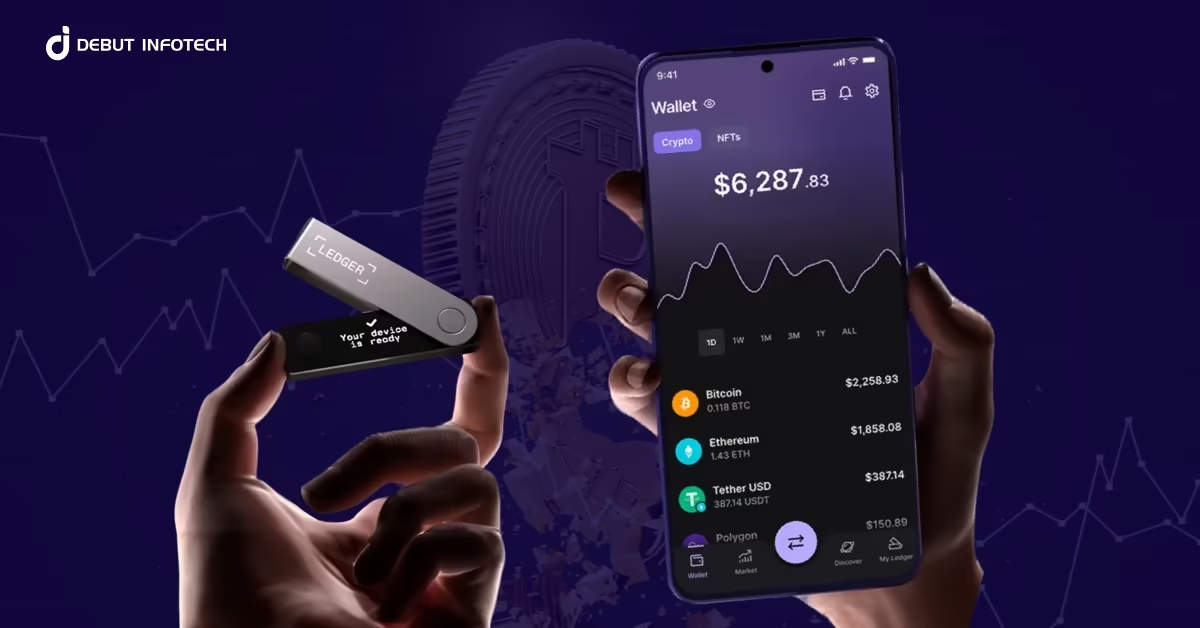Staking Solana (SOL) in 2025 is an accessible way for crypto investors to earn passive income while contributing to the network’s security and governance. Whether you’re new to staking or looking to optimize your SOL holdings, this step-by-step guide breaks down everything you need to know.
What Is Solana Staking?
Solana staking involves locking your SOL tokens into a wallet and delegating them to a network validator. In return, you earn rewards based on your stake and the network’s performance. Solana uses a hybrid Proof-of-Stake (PoS) and Proof-of-History (PoH) system, making it one of the fastest and most scalable blockchains in the market.
By staking, you also help secure the network and participate in governance decisions. Rewards are paid out every two days, giving you a steady stream of potential earnings.
Also read: How to Legally Stake Crypto in 2025: SEC’s New Guidelines Explained
Two Staking Options: Native vs. Liquid Staking
When staking SOL, you can choose between two methods:
- Native staking: Locks your tokens with a validator, earning rewards but limiting liquidity. Unstaking is required before you can move or trade SOL.
- Liquid staking: Allows you to earn rewards while maintaining liquidity through liquid staking tokens (LSTs), which can be used in DeFi apps. Services like Jito provide seamless liquid staking via the Phantom Wallet.
Both methods have pros and cons: native staking is simpler for beginners, while liquid staking offers more flexibility for advanced users.
Step-by-Step: How to Stake SOL
- Download a wallet: Use a compatible wallet like Phantom, which offers built-in staking tools.
- Fund your wallet: Transfer SOL or buy within the wallet.
- Choose staking method: Select either native or liquid staking.
- Delegate SOL: Choose a validator (for native staking) or a liquid staking provider. Enter the amount and confirm.
You can start staking with as little as 0.01 SOL, making it one of the most accessible staking options in the crypto space.
Safety and Tax Considerations
Staking SOL is relatively safe, but you should remain aware of risks:
- Market volatility may affect the value of your staked tokens.
- Validator behavior can influence reward outcomes.
- Cyberthreats are always a concern in crypto networks.
- Past downtime on the Solana network is something to monitor.
Additionally, staking rewards are taxable in the U.S., classified as both income and capital gains depending on how and when you withdraw or sell.




